Clashes between police officers and protesters gripped the city of Formosa in Argentina’s north on Friday, as demonstrators took to the streets to oppose the provincial government’s order of a return to strict Covid-19 isolation measures.
Provincial police pushed back against demonstrators, using rubber bullets and tear gas, in an attempt to quell the protests triggered by Peronist Governor Gildo Insfrán’s decision to revert to the strictest phase of quarantine (known by its Spanish acronym of ASPO).
The order, set to last until March 18, follows a new coronavirus outbreak in the region. But it went down badly with many sectors, especially shopkeepers who are the most economically affected.
On Friday, the United Nations expressed concerns over “the use of indiscriminate violence.” A statement issued by the UN’s resident coordinator for Argentina, Roberto Valent, and the UN High Commissioner for Human Rights’ representative in the region, Jan Jarab, questioned the police response, saying the clashes had “resulted in people being injured and detained.”
“The use of force must obey the principles of legality, necessity, precaution, accountability and proportionality. The recorded facts must be investigated quickly, independently and thoroughly,” the duo said.
Local news outlets accused the police of “repressing demonstrators” opposing the imposition of quarantine measures, even as hundreds of neighbours sallied out onto the streets to repudiate the decision.
The crowd, many of them individuals who work in the informal or “black economy, could be heard shouting "we want to work" as they rallied.
Confrontation
The protests began on Thursday night, stretching into yesterday morning, with demonstrators quickly confronted by the Formosa provincial police, who sought to fence off the vicinity of government house.
Several demonstrators were injured, according to reports, while one local councillor suffered a broken arm. Around 60 individuals were arrested, said the local authorities. The ADEPA press association said at least one journalist was injured by police officers.
The opposition Juntos por el Cambio coalition condemned the scenes, branding them as a violation of human rights. Calling on President Alberto Fernández to intervene, a statement criticised the "repression and complicity" on display.
Return
The return to strict isolation (known in Spanish as Aislamiento Social, Preventivo y Obligatorio or ASPO) was decided by the Council of Integral Attention for the Covid-19 Emergency immediately following 23 (including 17 in the provincial capital) being registered in Formosa on Thursday.
All activities except essential shops and services, as well as intercity transport, were suspended. Essential services include health workers, teachers, the security forces and senior authorities at national, provincial and municipal level. All state workers summoned to guarantee essential services are also exempted.
Regarding the 17 new cases detected in the provincial capital, seven were suffering mild symptoms, three were seeking an exit permit to travel from the province and six were close contacts, according to the official information.
The Council ruled this as "an outbreak of contagion in the capital of Formosa." It further remarked that the next few days will be the most important for avoiding an exponential escalation of contagion and for that it will be fundamental to comply with the sanitary measures decided last Thursday.
Formosa, a city of some 250,000, adopted strict measures when Covid-19 first reached Argentina, extending them throughout the province. Over the last year, the region – which shares a border with Paraguay – has recorded around 1,300 confirmed cases.
Provincial authorities – who have come under criticism for detaining those suspected of having Covid-19 in unacceptable conditions – dismissed allegations of heavy handedness.
"A group of people from the city of Formosa, dissatisfied with health decisions, resorted to extreme violence to make their claims,” said provincial minister Jorge Abel González. “Nothing justifies these types of violent actions.”








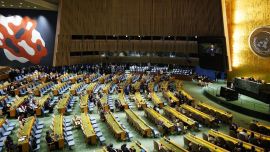
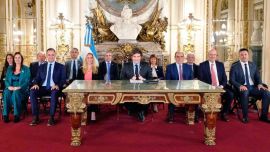
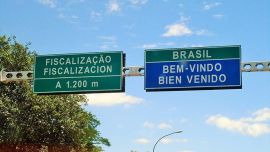
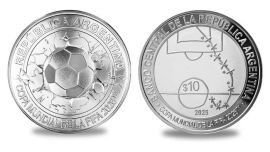
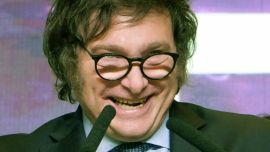
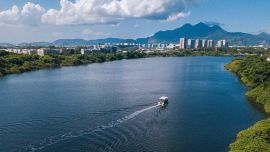


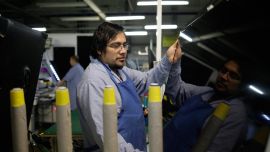
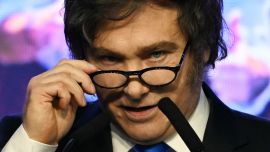
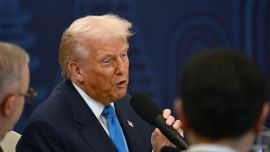
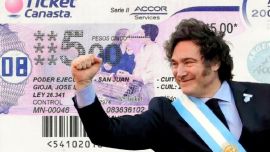


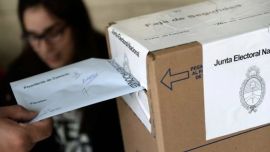

Comments